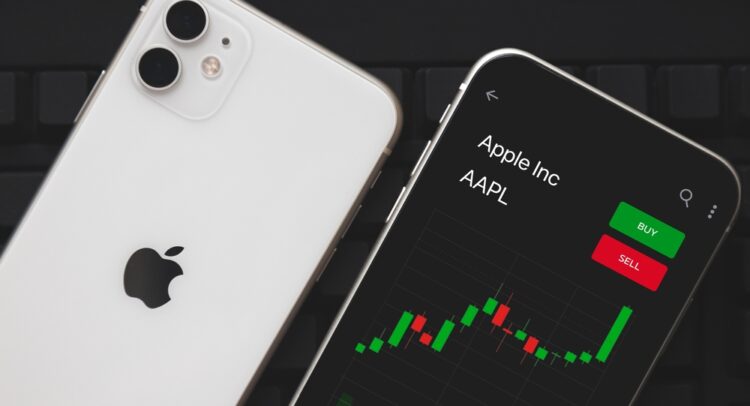Yesterday, Indonesia’s government confirmed that Apple (AAPL) remains banned from selling the iPhone 16 in the country. Apple’s recent $1 billion proposal to build an AirTag factory in Indonesia was not enough to satisfy local rules requiring 40% of smartphone components to be produced domestically.
Misses the Mark with AirTag Investment
In December 2024, Apple offered to set up an AirTag manufacturing plant to address Indonesia’s concerns about local production. However, since AirTags are not part of iPhones, the plan failed to meet the specific regulations tied to smartphone sales. Indonesian authorities have insisted on direct efforts to produce iPhone parts locally before lifting the ban.
Gives Competitors a Market Edge
While Apple struggles with regulatory hurdles, competitors like Samsung have gained an edge by complying with local production rules. With Indonesia being the largest economy in Southeast Asia, the standoff is affecting Apple’s ability to compete in the region’s expanding smartphone market.
In the meantime, Apple and Indonesian officials are still in discussions, and the outcome of these talks could determine the future of Apple’s operations in Indonesia.
What Is the Price Target for AAPL?
Turning to Wall Street, AAPL has a Moderate Buy consensus rating based on 19 Buys, seven Holds, and three Sells assigned in the last three months. At $244.77, the average Apple price target implies a 0.85% upside potential. Shares of the company have gained over 32% over the past year.

















